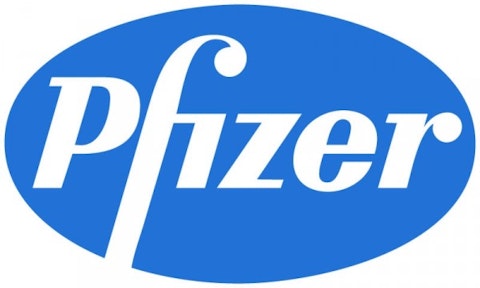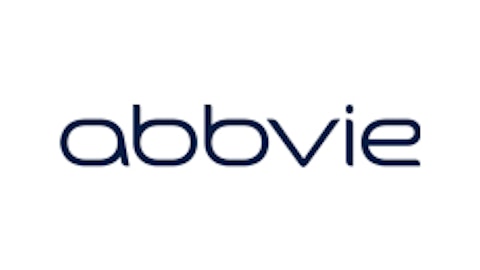Data doesn’t get much cleaner than this.
Adding Esperion Therapeutics‘ ECT-1002 to Pfizer Inc. (NYSE:PFE)‘s Lipitor lowered bad LDL cholesterol levels by 22%. Adding placebo to Lipitor didn’t change the LDL cholesterol levels at all. The difference between 22% and 0% reductions was statistically significant with a p-value of less than 0.0001. Or put another way, there’s a 0.01% chance the difference happened by chance alone.

Good but not great
ECT-1002 is certainly better than a dummy pill, but it’s not like there aren’t other options for patients to add onto Lipitor or another statin.
And there’s a new class of drugs called PCSK9 slightly ahead of Esperion that have produced solid data when added to statins. Amgen, Inc. (NASDAQ:AMGN)‘s AMG-145 lowered LDL cholesterol levels by 43% to 55% depending on the dose. Pfizer Inc. (NYSE:PFE)’s RN-316 lowered LDL by 46% and 56% at two different doses.
I think PCSK9 drugs are likely better at lowering LDL cholesterol, but it’s hard to say by how much because patients in both trials started with cholesterol levels that were higher than the patients in the ECT-1002 trials.
The PCSK9 inhibitors have to be infused while ECT-1002 is more convenient because it’s taken orally, so even if the PCSK9 drugs are more potent, there’s likely a niche for ECT-1002 for patients that just need a little extra reduction in cholesterol to get to their goal.
Of course, producing 50% reductions and taken orally sure would be nice.
Safety
If you read far enough into the press release announcing the clinical trial results, you’ll find this sentence: “One patient had an elevated liver enzyme laboratory finding that resolved when ETC-1002 and [Lipitor] were discontinued.”
That’s a big red flag, Fools. Elevated liver enzymes are a sign of liver toxicity, one of the most frequent reasons that efficacious drugs are shelved.
On the conference call, management said the patient hadn’t taken statins before entering the trial, so it’s possible the Lipitor was the cause of the elevated liver enzymes.
We’ll know more as Esperion tests ECT-1002 on more patients — the data is certainly worthy of pushing forward — but I’d be very cautious until more safety data is available.
The article 2 Reasons This Biotech Hardly Moved After a Successful Trial originally appeared on Fool.com and is written by Brian Orelli.
Fool contributor Brian Orelli has no position in any stocks mentioned. The Motley Fool has no position in any of the stocks mentioned.
Copyright © 1995 – 2013 The Motley Fool, LLC. All rights reserved. The Motley Fool has a disclosure policy.





